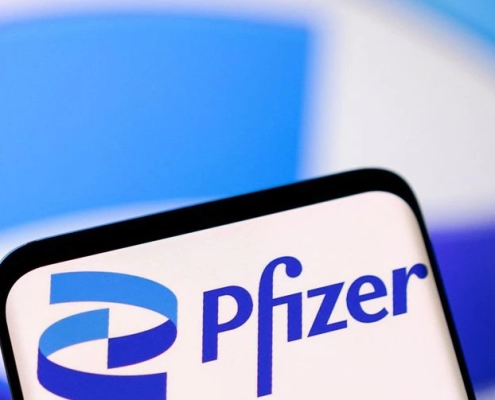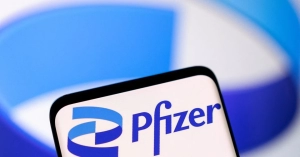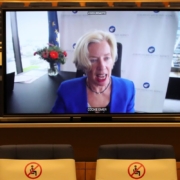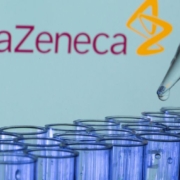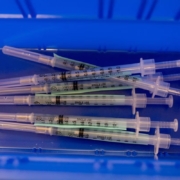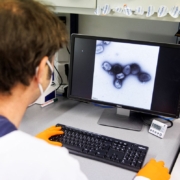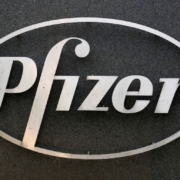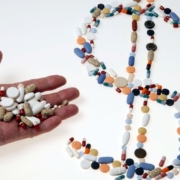Pfizer loses U.S. appeal over co-pays for heart failure patients
Pfizer loses U.S. appeal over co-pays for heart failure patients
By Jonathan Stempel
NEW YORK, July 25 (Reuters) – A federal appeals court on Monday rejected Pfizer Inc’s (PFE.N) challenge to a U.S. anti-kickback law that the drugmaker said prevented it from helping heart failure patients, many with low incomes, afford drugs that cost $225,000 a year.
In a 3-0 decision, the 2nd U.S. Circuit Court of Appeals rejected Pfizer’s effort to directly cover co-pays for patients taking its Vyndaqel and Vyndamax drugs.
The court agreed with a lower court judge that Pfizer’s Direct Copay Assistance Program violated a ban on “knowingly or willfully” providing financial support to induce federally reimbursable drug purchases, even absent corrupt intent.
Pfizer said making its proposed conduct a felony would “unjustly restrict some lower-income patients from accessing medicine they desperately need.”
It also said such an interpretation could make it illegal to use crowd-funding to cover medical bills, or make it a crime for generous family members to pay for relatives’ medical treatment.
Circuit Judge Robert Sack nevertheless said the anti-kickback law is “not limitless,” and it seemed “very unlikely” that family members would be criminally liable for trying to help loved ones.
Pfizer and its lawyers did not immediately respond to requests for comment.
The government had argued that ruling for Pfizer could leave Medicare on the hook for “astronomical” drug prices.
Also known as tafamidis, Vyndaqel and Vyndamax treat transthyretin amyloid cardiomyopathy (“ATTR-CM”), a rare condition that causes the heart to stiffen, impedes blood flow and can lead to progressive heart failure.
Sales totaled $2.02 billion last year. A February 2020 study by the American Heart Association called tafamidis the most expensive cardiovascular drug launched in the United States.
In court papers, Pfizer said the only potential alternative drug lacked U.S. Food and Drug Administration approval to treat ATTR-CM, and cost $450,000 annually.
The case is Pfizer Inc v U.S. Department of Health and Human Services et al, 2nd U.S. Circuit Court of Appeals, No. 21-2764.
Our Standards: The Thomson Reuters Trust Principles.

